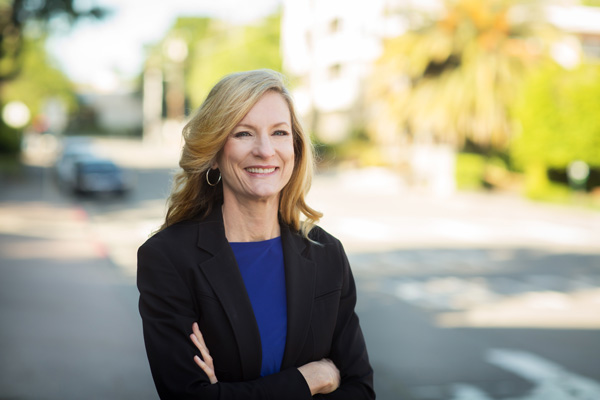We know lots of people don’t like to think or talk about dying. We can see how our own clients often put off doing their estate planning until something happens that they see as a wake-up call: a friend dies suddenly without a will, leaving a mess for the family; or our client has to serve as their parents’ estate…

Mary was ill-prepared for the drama that was probate. “I mean, seriously,” she told her friend, Amy. “Who would have thought Uncle Harry would leave his estate in such a mess? I found deeds, contracts, promissory notes, life insurance policies, and wills, multiple wills, in his house, stuffed in the trunk of his car, in his shed, even in his…
When Carole and Michael created a trust for the benefit of their adult children, they had two goals in mind. First, they wanted to avoid probate, and second, they wanted to take advantage of California Proposition 58, which permits transfers of real property from a parent to a child in a tax-advantageous manner. To facilitate their goals, they decided to…
When Oliver died, at the ripe old age of 96, he left behind eight lineal descendants or heirs—three sons and five grandchildren. All of them believed that they would inherit from Oliver. He had told them about his Living Trust and promised each and every one of them that they would be “well taken care of.” Upon Oliver’s death, however,…

Mary and Thomas Charleton had five adult children. Unfortunately, not all of them had the means to purchase their own homes. So after each child married, the Charletons offered them a low interest loan to cover the down payment, up to a certain dollar amount. All of the children took advantage of the offer.
By the time Mary died—at age 62–three of the loans had been repaid in full. However, the couple’s daughter, Dory, made a partial repayment. When she got divorced after five years of marriage and was forced to sell that home, Dory decided she should no longer be required to repay the loan. A son, Robert, figured the amount of the loan would just be taken out of his share of his parent’s estate. He was fine with that. He made no effort to repay the loan.

Upon the death of their respective husbands, Sara and her daughter, Mary, decided to move in together. Since Sara’s home bore no mortgage, Mary sold her home, and placed the proceeds into a retirement account. They agreed to share living expenses, as well as the cost of maintenance and property taxes on the home. They also agreed that when Sara died, Mary would inherit the home.
Failure to timely probate estates creates problems for heirs
When Franklin Davies died, his wife, Jennifer was quite confident that all their ducks were in a row.
After Franklin inherited a significant number of assets from his father, Harold, the couple decided to create a Living Trust and place most of those assets in the trust for the benefit of their children. Among those assets was a beachfront home. Eventually, Franklin and Jennifer decided to make that home their main residence.
Lost or Undiscovered Assets Pose Problems for the Administration of an Estate
When Jonathan Morgan was named the executor of his father’s estate, he thought he had an easy task ahead of him. After all, his father, Harold, had assured him that he had carefully listed every asset he owned on a sheet of notebook paper attached to his will.
